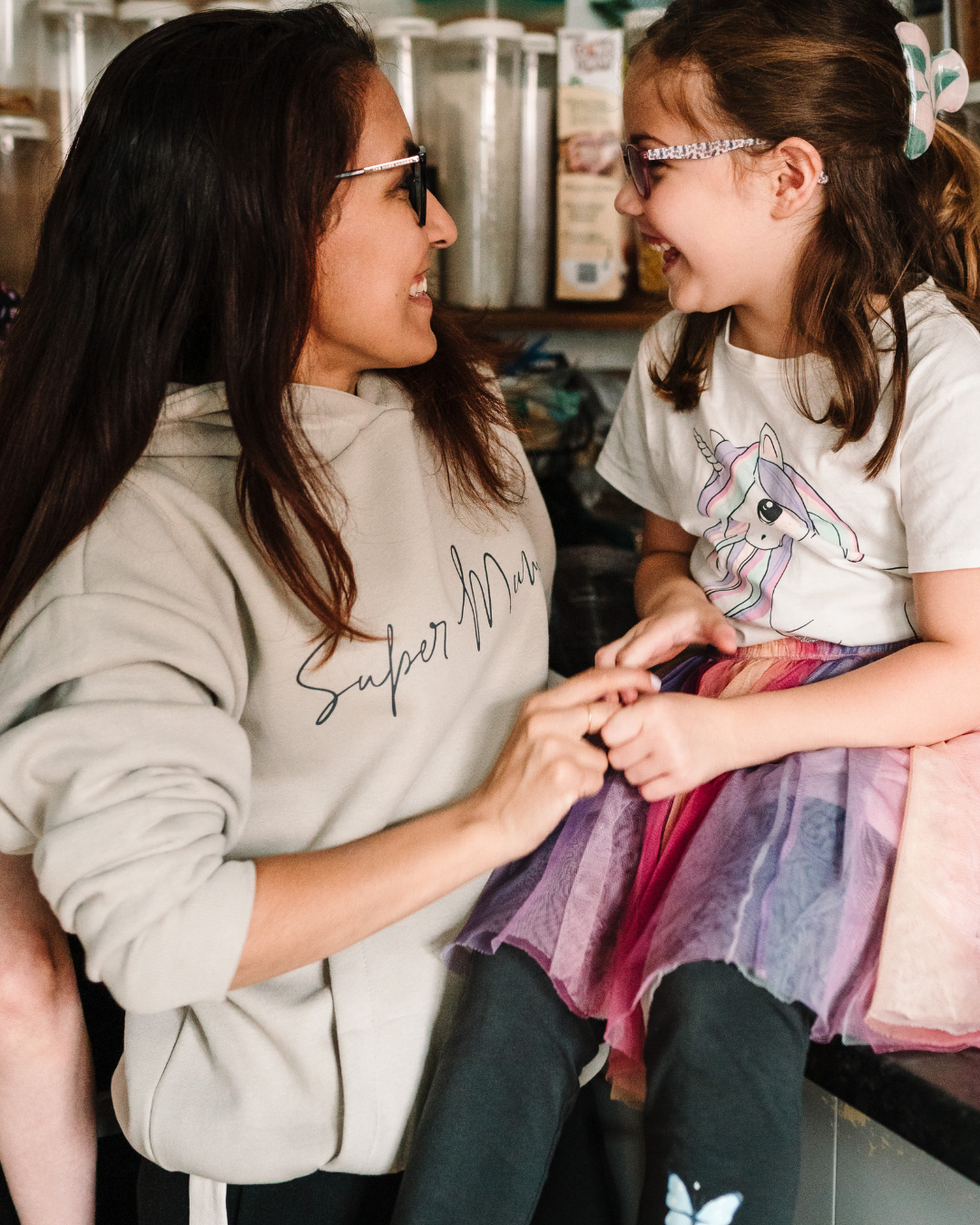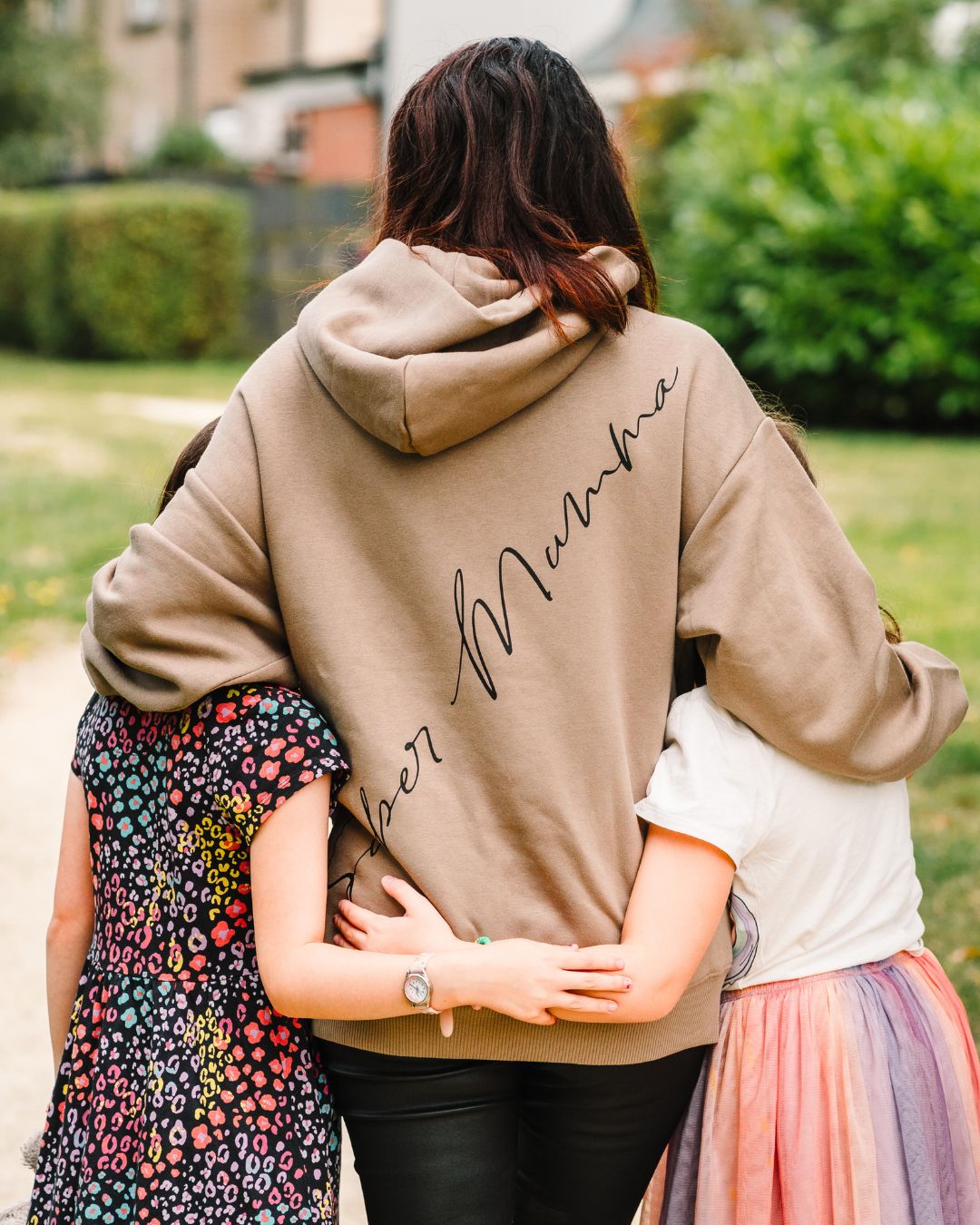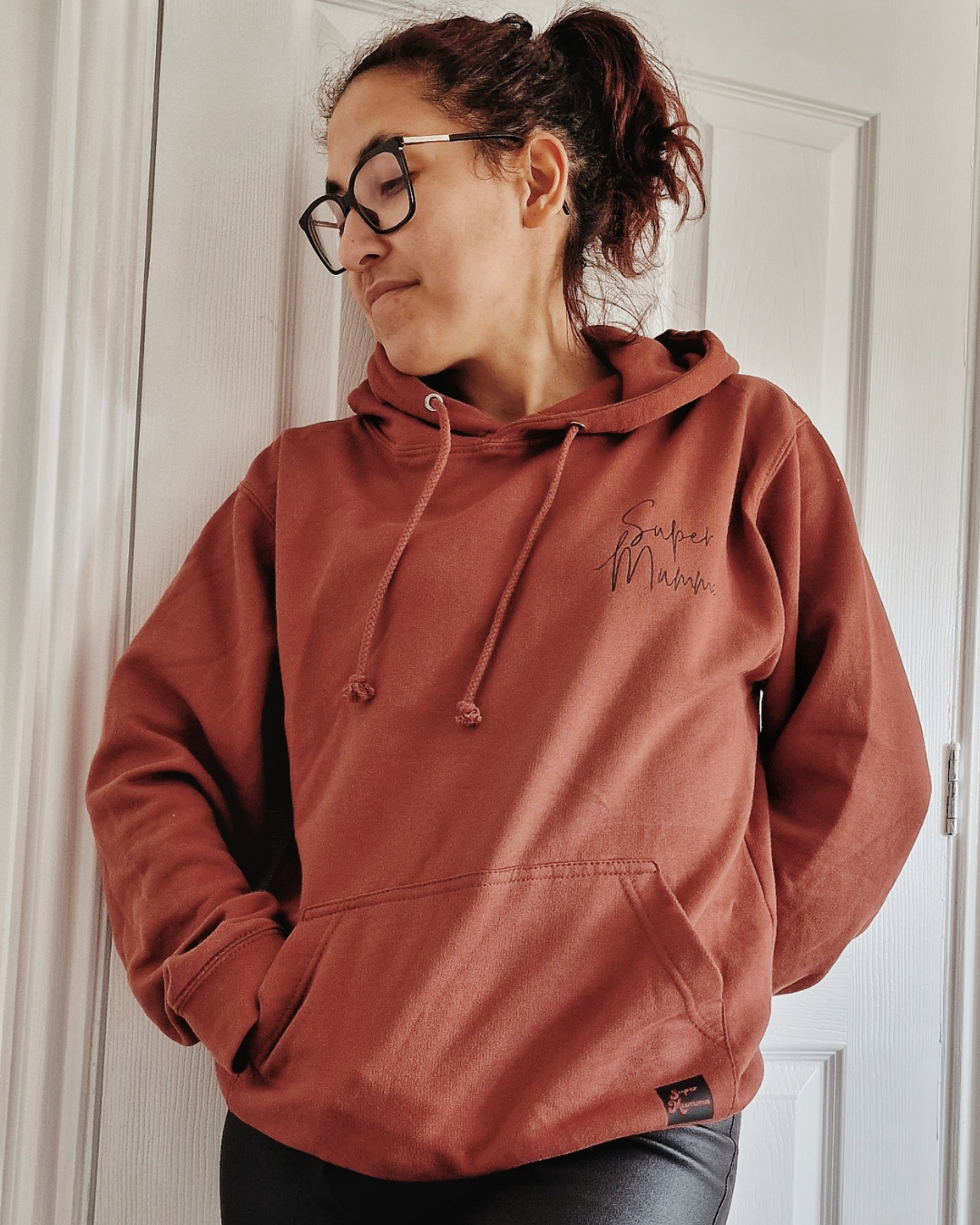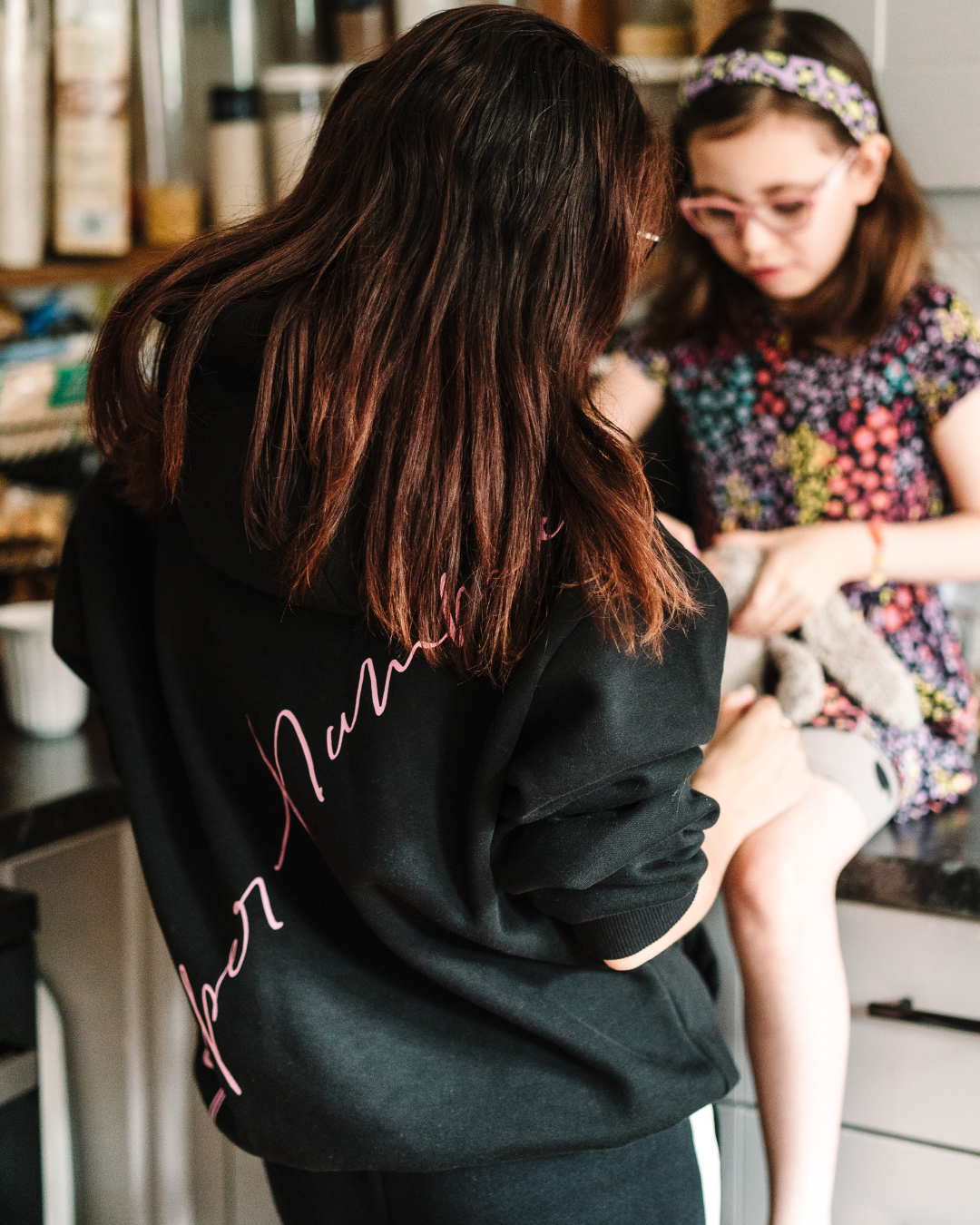THE HIDDEN STRUGGLES OF NEW MUMS AND ALCOHOL
'I stood on the cusp of my first maternity leave, with such mixed emotions.'
I remember it so well. After twelve booze-soaked years in the advertising industry, I was ready to leave Soho behind me. I was anxious about steeping into the unknown world of parenthood, but excited for this new chapter. I was going to have a baby for god’s sake. “It’s time to become responsible” I told myself. I was committed to drawing a line under a very self-indulgent, somewhat reckless and very boozy chapter of my life.
Fast-forward just six months, and I was drinking a bottle of wine a night.
The emotional Load of New motherhood
As a young mum I felt very disorientated. I felt totally out of control and completely out of my depth. I had not automatically morphed into Super Mum, yet I was no longer the successful Advertising Exec. I felt like I had stopped being one thing, but not yet become another. I didn’t know who I was any more. I compared myself cruelly to women who seemed to be more natural mothers. I envied the seemingly more accomplished. I resented the boredom I felt on maternity leave. I grieved for the work that I loved. And I felt shame for feeling all of those thoughts. In short, I felt a lot of emotional pain. Alcohol helped numb my negative emotions and relieve my sense of overwhelm. And my god, by the time evening finally rolled around, I believed I deserved that wine. It was MY time.
Using Alcohol to hide the emotions of motherhood
Looking back now, many years on (my eldest is sixteen!) I realise that I was not alone. In fact my story is incredibly common. There is a reason why The British Medical Council refer to alcohol as “the nations favourite coping mechanism”. For many of us who drink, we give alcohol jobs to do, at various times, and to varying degrees, throughout life. Typically, we ask it to help us feel more of the good stuff (more relaxed, more confident, more stimulated, more connected), and less of the bad stuff (less bored, less tired, less overwhelmed). And of course parenting brings with it a veritable tsunami of moments when we are flooded with the sea of emotions. Not least of all when we are new to the role of parenting and trying to navigate an entirely new life.
The fundamental problem is that if we are drinking to manage emotions, and these emotions come up on a daily basis, then it is easy to see how we might find ourselves sliding into daily drinking habits. Not least, when we are surrounded by the memes, jokes and merchandise that constitutes ‘Mummy Wine Culture’, perpetuating the belief that we need booze to survive this stage in life. Believing alcohol to be key to survival is to invite big problems into your life. So if you feel that this could be happening to you, here are some early warning signs to look out for:
- You realise that alcohol is your answer to a very wide range ofemotions.
- You notice that your drinking is creeping up e.g. ‘now & again’ is becoming more frequent.
- You find yourself fixating on the moment in the day that you can have a drink.
- You feel guilty or ashamed about your drinking habits – and you start hiding your drinking.
- You find that you are needing to drink more and more, to achieve the feeling that you want.
- You find that most ‘occasions’ are enhanced by having a drink.
- You regularly start drinking alone.
ADVICE IF YOU ARE WORRIED ABOUT YOUR DRINKING:
- Know that if you think your drinking is becoming problematic, it is not YOUR fault. You are just doing the best with the tools available to you - and alcohol is so widely touted as the ‘multi-tool’ answer to our emotional needs. The Swiss Army Knife within the parenting toolbox.
- Please treat yourself with self-compassion and kindness. We talk to ourselves (berating ourselves and dwelling on perceived flaws)in ways that we would never project towards anyone else. So imagine the caring advice that you would give to a loved one, or a child – listen to the compassion in that advice and follow it yourself.
- The wonderful researcher and author Brene Brown, points out that shame thrives on secrecy, silence and self-judgement. It needs you to believe that you’re alone. But shame can’t survive in the light – so know that as soon as you speak out or get help, the weight of shame will be lightened.
- Know that help comes in many shapes and forms. Believing that it was AA or no-way, kept me stuck, but there are lots of ‘flavours’ of support available these days. Do some research and find something, or someone, who speaks to you.






